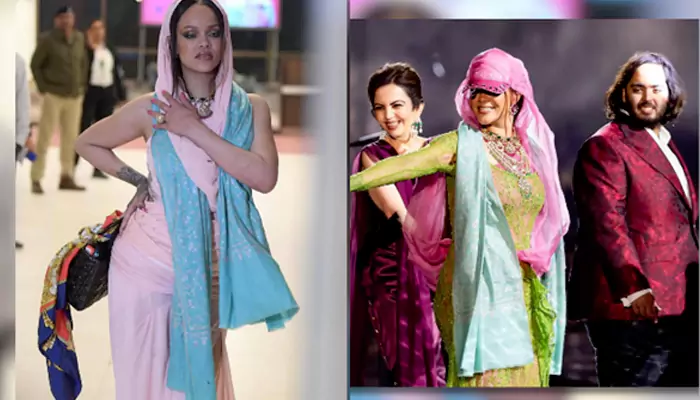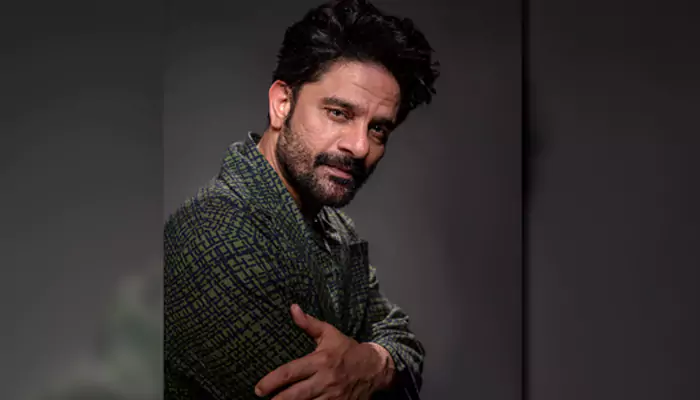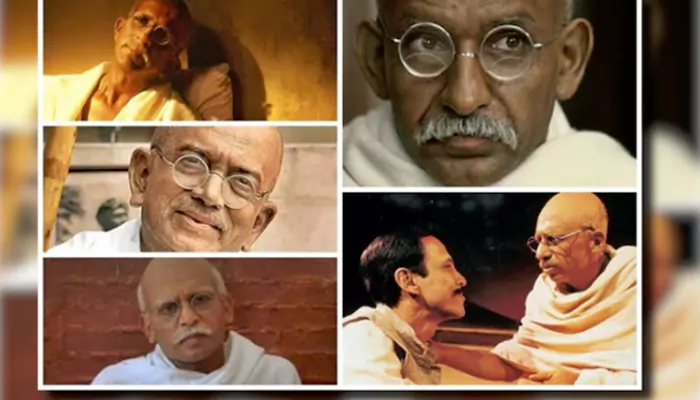Happy Birthday William Shakespeare: Delving into Modern India's Heart via Vishal Bhardwaj's Tragic Trilogy
- Admin
- 1 year ago
- 4 minutes read

As we commemorate William Shakespeare's 460th birthday, it's fitting to explore Bollywood filmmaker Vishal Bhardwaj's Shakespearean trilogy: "Omkara," "Maqbool," and "Haider." Bhardwaj's masterful adaptations infuse the Bard's timeless themes with the vibrant energy and cultural richness of Indian cinema, captivating audiences with their depth and innovation.
Looking at India Through Shakespearean Tragedies
Bhardwaj's mastery lies not only in his minimalist yet powerful orchestration but also in his ability to weave Gulzar's lyrical genius into cinematic magic, as seen in the hauntingly beautiful songs of "Maachis" like "Chhod aaye hum, woh galiyan" and "Chappa chappa charkha chale." This musical triumph paved the way for his transition into filmmaking with "Makdee" in 2002, followed by a string of successful films culminating in "Khufiya." However, it's his Shakespearean trilogy - "Maqbool," "Omkara," and "Haider" - that stands as the pinnacle of his oeuvre.
Each film in the trilogy breathes new life into timeless Shakespearean tragedies, transposing them into the Indian context with remarkable finesse. "Maqbool," set in the gritty underworld of Bombay, showcased stellar performances by Irrfan Khan, Tabu, and Pankaj Kapur. "Omkara," delving into the gangdom of Uttar Pradesh, featured a well-chosen ensemble cast including Ajay Devgn, Saif Ali Khan, and Kareena Kapoor. "Haider," depicting the tumultuous state of Kashmir, starred Tabu alongside Shahid Kapoor and KK Menon.

Still from 'Maqbool'
Bhardwaj's ambitious pursuit of infusing these tragedies with a distinct Indian flavor not only raised the bar in Indian cinema but also opened a gateway for Shakespearean literature to permeate the consciousness of the Indian populace. Through his cross-cultural approach and daring indigenous touch, Bhardwaj has crafted compelling narratives that resonate deeply with audiences across generations.
A Tale of Three Elegant Adaptations
Bhardwaj's adaptation of "Maqbool" stands as a testament to his mastery in weaving intricate narratives. Set in a world of shadows and perpetual deceit, the film follows Miyan Maqbool's journey as he navigates the complexities of power and love, spurred on by his lover Nimmi. By infusing contemporary issues like corruption and masculinity, Bhardwaj breathes new life into Shakespeare's classic themes of love and betrayal.

In "Omkara," Bhardwaj explores the timeless themes of jealousy and revenge against the backdrop of a patriarchal society. The film delves into the fragility of men's egos while staying true to the essence of Shakespeare's "Othello." Bhardwaj's adeptness in capturing the nuances of human emotions shines through as he presents a tale of love, betrayal, and vengeance.

Omkara
"Haidar," set against the politically charged landscape of Kashmir, offers a modern twist on Shakespeare's "Hamlet." Bhardwaj skillfully guides the protagonist, Haider, through a journey of despair and distrust, mirroring the conflicted state of Kashmir itself. Through subtle political undertones, Bhardwaj highlights the emotional turmoil faced by the central characters, blurring the lines between personal and political struggles.
Haider
Bhardwaj's reinterpretation of Shakespearean tragic heroines in his adaptations breaks free from traditional stereotypes. Characters like Ghazala in "Haider" and Indu in "Omkara" are portrayed with strength and agency, defying the typical portrayal of damsels-in-distress. By instilling his characters with depth and resilience, Bhardwaj transforms them into powerful figures that resonate with modern audiences.
Reimagining Shakespeare: Vishal Bhardwaj's Cinematic Odyssey
In his trilogy dedicated to Shakespeare, Bhardwaj rejuvenates both himself and the Bard, making them universally relevant. His filmmaking resembles a slow-cooked, flavorful broth, allowing the narrative to unfold gradually, emphasizing the buildup towards the inevitable climax rather than hastily plunging into chaos.
Another striking aspect of the trilogy is Bhardwaj's meticulous attention to capturing the essence of Shakespearean dramas. By seamlessly blending the original text with the Indian setting, the films become imbued with rich symbolism and meaning. Bhardwaj's choice of actors, who bring authenticity and depth to their roles, ensures resonance with the audience. The trilogy is a testament to his intellect and thoughtful approach to filmmaking.
Every frame in these films is akin to poetry in motion. Bhardwaj's distinctive touch lies in his camera, serving as the eye of his poetic vision.












